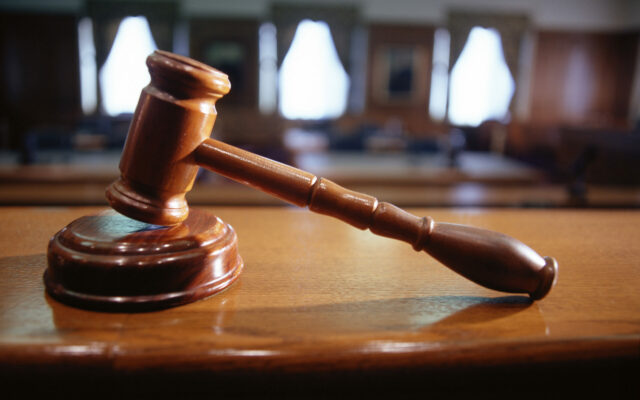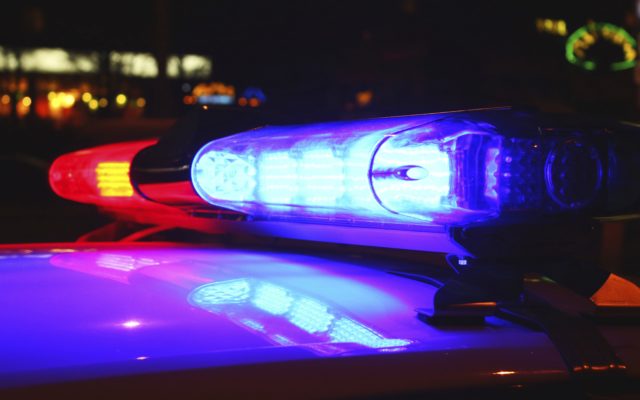Senators optimistic about push to allow cameras in federal courts

▶ Watch Video: Senators push for cameras inside Supreme Court
Washington — Amid a torrent of high-profile cases, including more than 1,000 prosecutions stemming from the Jan. 6 attack on the Capitol, a bipartisan group of senators said they are optimistic about the prospects of new legislation to allow camera access inside America’s federal courts.
The federal court system, including nearly 100 U.S. District Courts and approximately a dozen Courts of Appeals, prohibit the use of video cameras during proceedings. The prohibition means the public can’t watch criminal and civil trials from anywhere outside a courthouse, leaving some of the highest-stakes cases in America out of view.
Sen. Charles Grassley, a Republican from Iowa who has championed legislation to end the court system’s camera prohibition for years, told CBS News the prospects of passing legislation to allow recording have improved in recent years, and a bill might have sufficient votes for approval in this Congress.
Grassley said support has been bolstered by the positive response to a recent change by the Supreme Court to live-stream audio of oral arguments, a shift that began during the pandemic. “I think it is just a matter of getting it on the agenda and it will become law,” Grassley said of his legislation, which was officially introduced in March.
Grassley and a group of Republican and Democratic senators have sponsored the Sunshine in the Courtroom Act of 2023, which would grant federal judges the discretion to allow cameras in the courtroom while protecting the identities of witnesses and jurors when necessary or upon request.
Democratic Sen. Richard Blumenthal of Connecticut, who has co-sponsored the legislation, told CBS News that “the vast majority of the American people want more visibility in the courtroom.”
While senators have perennially proposed legislation to allow cameras in the Supreme Court, Blumenthal said he’s increasingly optimistic about the prospects of approval of camera access in the lower-level District courthouses.
“There is an overwhelmingly sense, at least at that level, that Americans deserve to see what’s happening,” he said, adding that the hundreds of Jan. 6 prosecutions have raised awareness and concerns about the lack of camera access. “This is an idea whose time has come.”
Attorneys, Capitol Police officers and relatives of some of the Jan. 6 defendants have criticized the camera prohibition and called for more transparency in court proceedings.
Recent experiments with camera and audio access to courts have helped build momentum toward loosening restrictions, said Lisa Zycherman, deputy legal director and policy counsel for the Reporters Committee for Freedom of the Press. Zycherman said at least three federal courts have undertaken pilot programs to allow some camera access. The Court of Appeals for the District of Columbia Circuit allows an audio feed in some key arguments.
Zycherman said access to trials and proceedings are otherwise limited to people who can attend federal court hearings in person. “There is a huge amount of litigation, proceedings, and important cases for which the public basically has no access,” she said.
Blumenthal and Grassley said their legislation would provide sufficient flexibility to judges to prohibit confidential or sensitive information from being shown on camera. “By giving the judges discretion, it preserves the ability to shield some witnesses, who might not want their identities young,” Blumenthal said. “If they’re young or victims of domestic violence.”
The senators said judges would have to make a formal record or report in instances in which they prohibit cameras.
Despite the growing optimism from its co-sponsors, hurdles remain for its passage. Securing time on the Senate floor for debate and proceedings is a challenge for most legislation, even for proposals with widespread support. As of Friday, the Sunshine in the Courtroom Act had secured five co-sponsors. A number of high-stakes legislative showdowns and deadlines, including a looming fight over raising the debt ceiling, means there is less time and bandwidth for other measures.
A separate bill to require cameras in the Supreme Court has less-favorable prospects and faces strident opposition from at least some of the justices themselves, Blumenthal and Grassley said.
In his annual report on the federal judiciary in 2022, Chief Justice John Roberts did not address the ongoing efforts to allow camera access in courthouses. Roberts’ office did not immediately respond to requests for comment.



